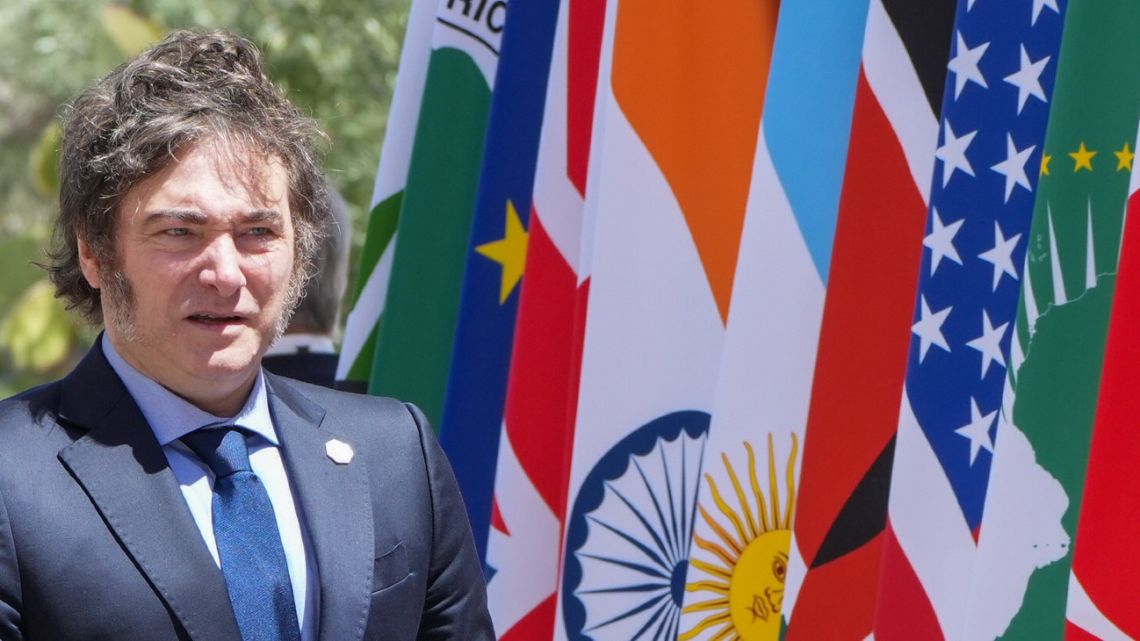The United Kingdom’s defense spending plans have taken an unexpected turn. Recent projections reveal a more modest increase than previously announced. The Office for Budget Responsibility forecasts defense spending at 2.29% of GDP for 2024-2025. This figure will rise slightly to 2.30% in 2025-2026.
These numbers fall below the 2.47% peak reached in 2010. They also miss the 2.5% target set by the new Labour government. The shift reflects the challenges of balancing military ambitions with economic realities.
Economic factors play a significant role in this adjustment. Austerity measures, pandemic impacts, and high inflation have strained public finances. These pressures have forced a reassessment of spending priorities across all sectors.
 U.K. Defense Spending Falls Short of Promises Amid Economic Pressures. (Photo Internet reproduction)
U.K. Defense Spending Falls Short of Promises Amid Economic Pressures. (Photo Internet reproduction)The government maintains its long-term goal of 2.5% GDP for defense spending. However, it has not provided a clear timeline for achieving this target. Defence Procurement Minister Maria Eagle addressed this uncertainty in Parliament.
Eagle stated that future spending figures depend on the Spending Review’s second stage. This approach suggests a cautious stance towards defense commitments. It also highlights the government’s struggle to balance security needs with fiscal constraints.
U.K. Defense Spending Falls Short of Promises Amid Economic Pressures
A House of Lords report from October 2024 sheds light on the situation. It notes that ministers anticipate difficult decisions on defense spending. These choices stem from current economic conditions and competing budget priorities.
The UK’s NATO commitment remains intact. The country continues to meet the alliance’s 2% GDP spending target. This places the UK among 11 member states achieving this benchmark as of 2023.
Alliance Armament: NATO’s Boost in Defense Spending
However, some NATO allies push for higher spending targets. Eastern European members, in particular, advocate for increased defense budgets. They cite ongoing conflicts and global threats as justification for their stance.
The situation underscores the complex interplay between national security and economic management. It raises questions about the UK’s future role on the global stage. The government’s ability to navigate these challenges will shape its defense policy in coming years.
This spending adjustment occurs against a backdrop of global uncertainty. Conflicts in Ukraine and the Middle East have heightened security concerns. These events add pressure to maintain robust defense capabilities.

 By The Rio Times | Created at 2024-11-18 11:25:49 | Updated at 2024-11-18 13:51:53
2 hours ago
By The Rio Times | Created at 2024-11-18 11:25:49 | Updated at 2024-11-18 13:51:53
2 hours ago








